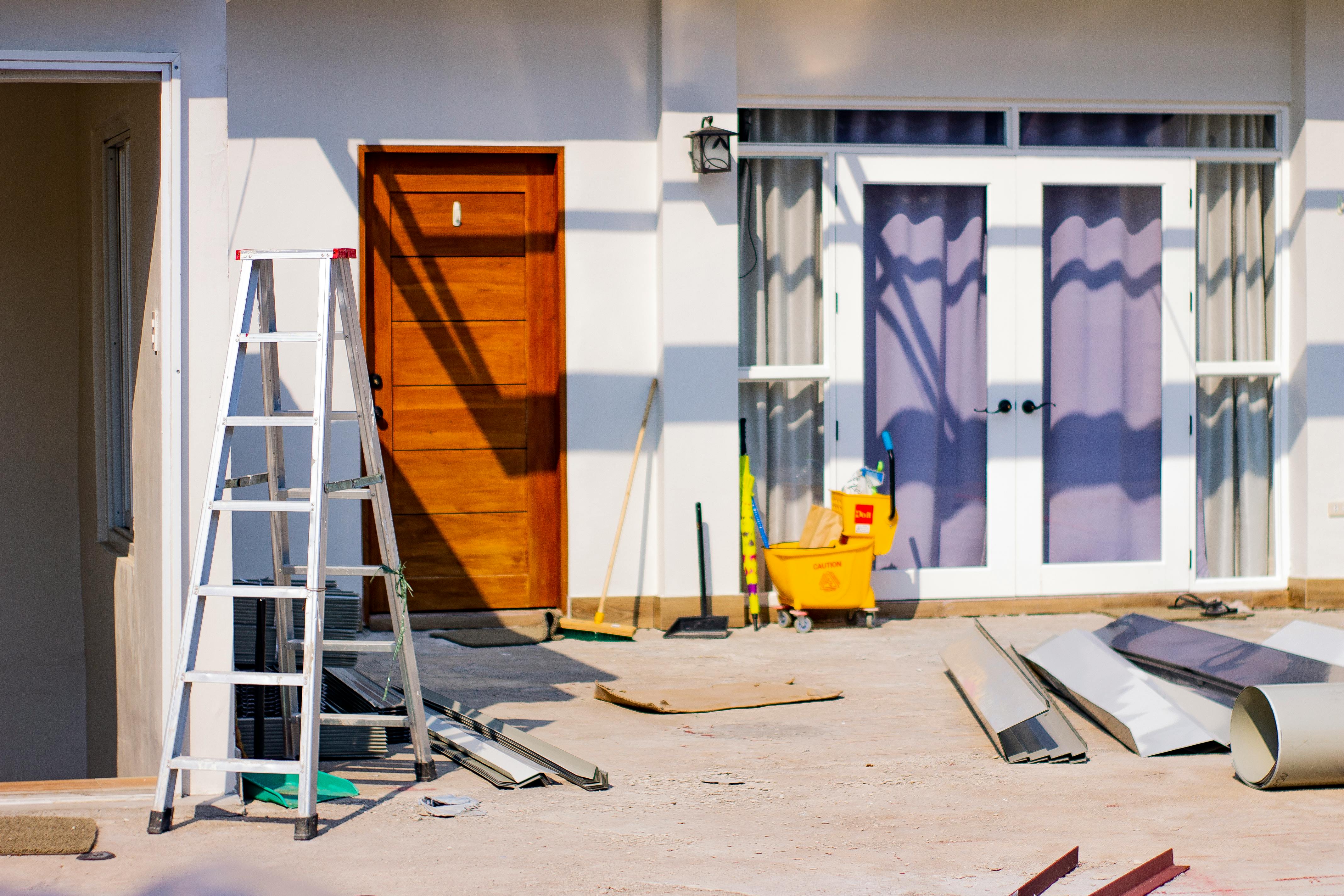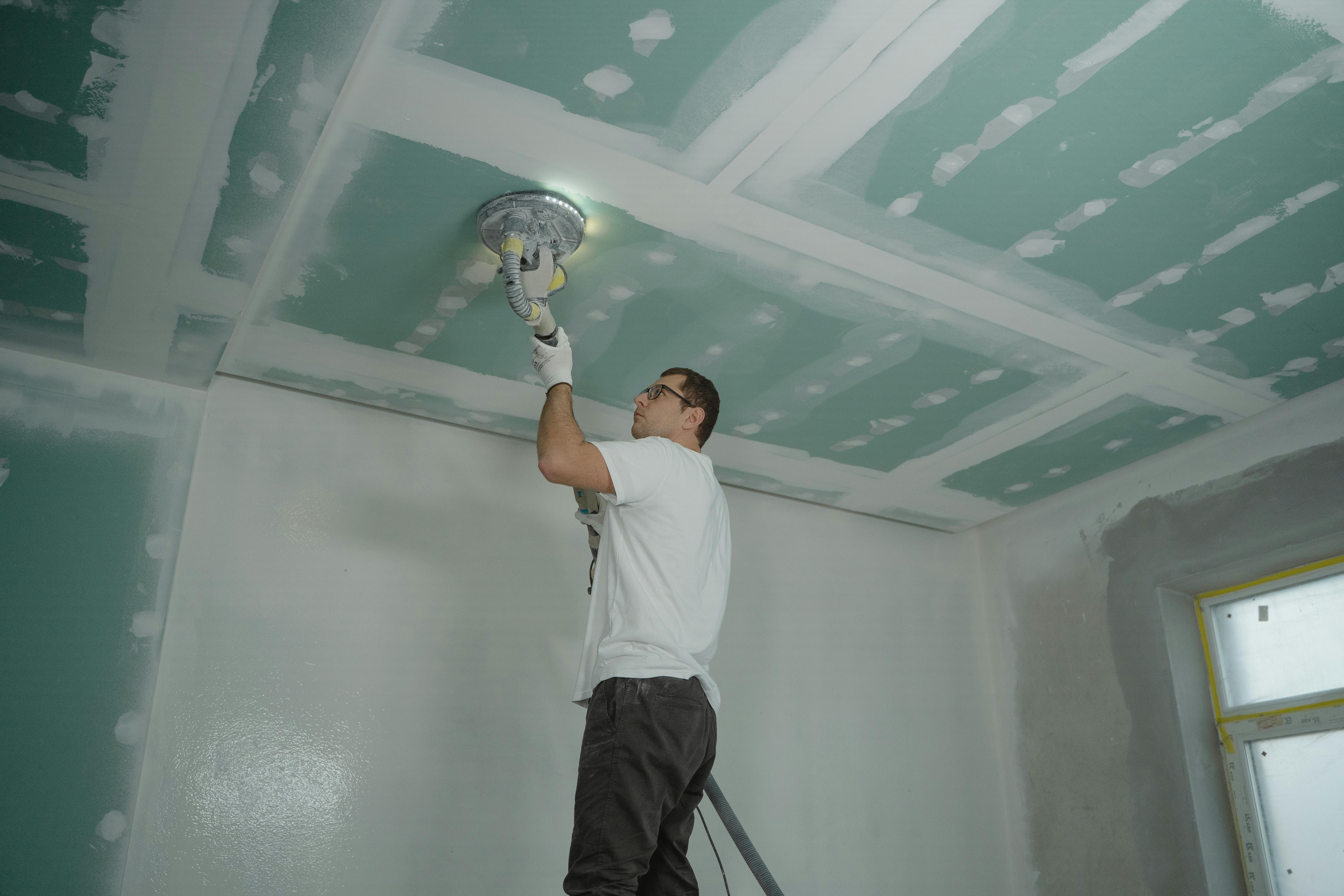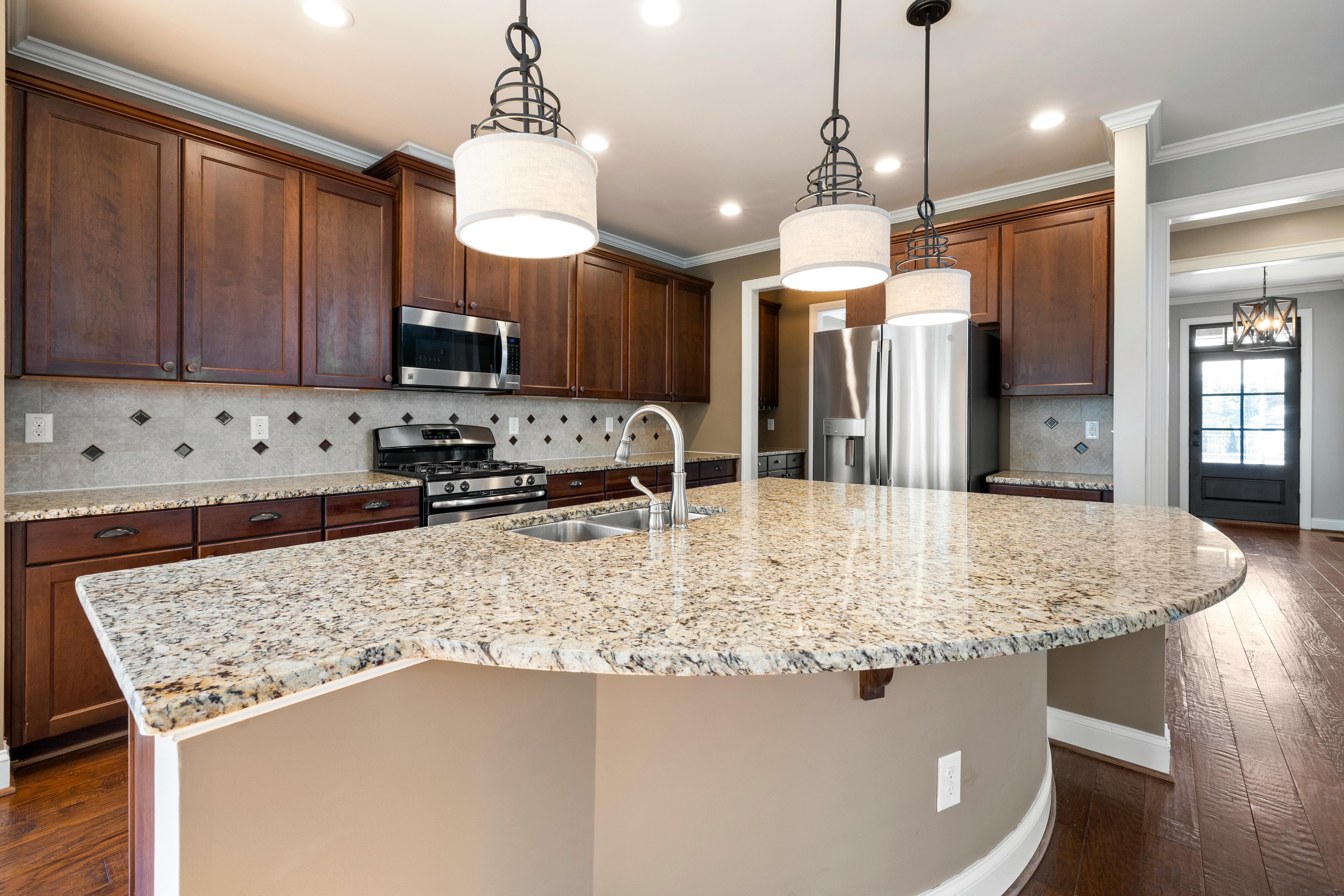Landlord Blog
Education and news for smart DIY landlords!
Should You Renovate or Upgrade? Deciding Between Improving or Moving to Your Dream Home

One of the biggest decisions homeowners face is whether to renovate their existing home or move to a new one that meets their changing needs and dreams. Both options come with significant costs, lifestyle considerations, and emotional attachments, making the choice between renovating or upgrading a highly personal and complex one. Understanding the pros and cons of each can help guide you toward the best decision for your family, finances, and future.
Renovating: Breathing New Life into Your Existing Home

Renovating your current home can be an appealing option for several reasons, especially if you're emotionally attached to your neighborhood or have built strong community connections over the years.
Customization and Personalization: Renovating allows you to customize your home to better fit your needs. Whether it's updating the kitchen, adding an extra bedroom, or modernizing the layout, a renovation can transform your home into a more functional and aesthetically pleasing space without requiring a move.
Preserving Location: If you love your current neighborhood — whether it’s close to work, school, or friends — renovating enables you to stay put while making the improvements you desire. Moving to a new location can mean sacrificing the amenities, lifestyle, or emotional connections tied to your current area.
Cost Considerations: Renovating can often be more cost-effective than moving, especially when factoring in closing costs, real estate agent fees, moving expenses, and the potential for higher property taxes in a new location. However, large-scale renovations can still be expensive, so it’s important to set a realistic budget and understand what return on investment (ROI) you might get for the updates you’re planning.
Increasing Home Value: Depending on the renovations you undertake, upgrading your home could increase its market value. Improvements like a modern kitchen, updated bathrooms, or energy-efficient features can significantly boost resale value and make your home more attractive to future buyers.
However, there are also challenges to renovating. Living through a remodel can be disruptive, especially for large-scale projects. There’s also the risk of unforeseen expenses, especially if structural issues arise during the renovation process. Additionally, you might still outgrow your home in the future, making a move inevitable despite the renovations.
Upgrading: Moving to Your Dream Home

Moving to a new home, on the other hand, offers the chance to start fresh in a space that may already meet all your needs, with minimal renovations or modifications required.
Immediate Satisfaction: When you buy a new home, especially if it’s already your "dream" property, you can enjoy all the features and layout you want without the hassle of renovations. This can be a less stressful path compared to living through construction in your current home.
Potential for Long-Term Savings: While moving can be costly upfront, a new home that better suits your current and future needs may offer long-term savings. For example, a more energy-efficient home could lower your utility bills, or a more spacious home may eliminate the need for future renovations or additions.
Lifestyle Changes: A new home often comes with lifestyle upgrades. You may move to a better neighborhood, find a larger yard, or access more convenient amenities like shopping, schools, and transportation. If your current location no longer fits your lifestyle — perhaps due to a growing family or changing job situation — upgrading could be the best solution.
However, moving also comes with significant costs and emotional hurdles. The process of selling a home, packing, relocating, and settling into a new area can be overwhelming. There’s also the risk that even your dream home may not meet all your expectations over time, requiring future adjustments.
Discover: Reasons a Newly Built Home May Be More Budget-Friendly
Deciding Factors: How to Choose
Budget: A detailed analysis of your financial situation is key. Get estimates for both renovation costs and the expenses associated with moving (including selling your current home, buying a new one, and moving). Compare these costs to your long-term financial goals to see which option fits better.
Future Needs: Consider your long-term needs and whether they’re likely to change. Are you planning to grow your family? Will your home support aging in place? Thinking long-term can help you determine if renovating your current home will suffice or if a move is inevitable.
Emotional Attachment: If you’re deeply attached to your current home and neighborhood, renovating may be the better emotional choice. If you’re ready for a fresh start, moving could be more satisfying.
Conclusion
The decision to renovate or move to your dream home depends on your budget, lifestyle needs, and emotional priorities. Weighing the costs and benefits of both options will help you make a choice that brings long-term satisfaction, whether you decide to transform your current home or find a new one that perfectly suits your vision.
